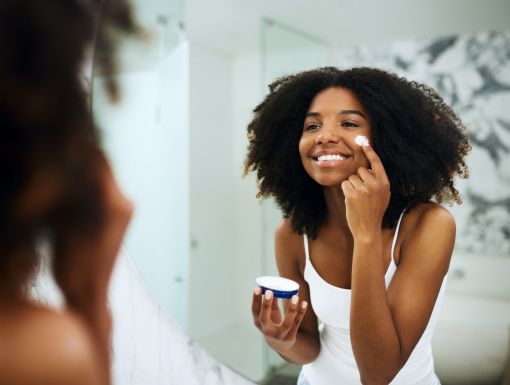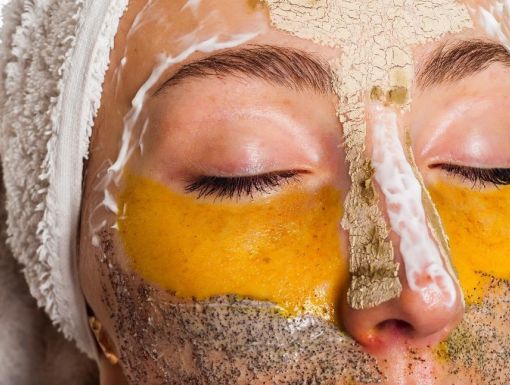
Why Are My Lips Always Dry?
The lips are a unique part of the body. The skin there is much thinner than other areas on the face, and the lips have one of the highest levels of transepidermal water loss (when water evaporates from the skin’s surface) on the body, meaning that the outer layer of the skin on the lips is not very good at staying hydrated.
Here are a few tips on how to keep your lips moisturized and how to avoid chapped lips, as well as what to do if nothing else seems to be working to fix your chapped lips.
What causes dry lips? Why are my lips so dry?
Dry, chapped lips can be triggered by many factors. External conditions like low humidity, sun exposure, and windy weather often lead to a loss of moisture, resulting in cracking, peeling, or discomfort. Unlike other parts of your body, your lips are constantly exposed to the environment, as they are the only area where mucosa (the protective lining of internal cavities) meets the outside world.
What are tips for keeping your lips moisturized?
Maintaining lip hydration is not only about managing dryness but also preventing long-term damage. Here are some practical steps you can take to protect and moisturize your lips effectively:
- Use a lip balm with SPF: Lip balm is a must for sealing in moisture and shielding your lips from the elements. Choose a balm infused with SPF 30 or higher to protect against sun damage and make sure to reapply several times throughout the day. Lip products with SPF are especially important during outdoor activities, even in cooler months when you might not feel the sun’s intensity.
- Stay hydrated: Hydration starts from within. Make sure you’re drinking plenty of water daily, especially if you’re feeling unwell or spending time in dry environments. Dehydration can manifest in several ways, and chapped lips may be one of the earliest signs.
- Avoid irritating ingredients: Some lip products, particularly those with scents, flavors or dyes, can irritate sensitive lips. If you’re prone to dryness, opt for fragrance-free, non-flavored options to reduce the risk of further irritation.
What are other causes for chapped lips?
While environmental factors and inadequate care are common culprits, persistent chapped lips may point to other issues, such as:
- Vitamin deficiencies: Though rare, vitamin B deficiencies can impact the health of your skin, including your lips.
- Skin conditions and infection: Bacterial or fungal infections, as well as certain skin conditions, may contribute to cracked or peeling lips.
How can you keep your lips hydrated?
Hydration isn’t just about reacting to dryness; it’s about consistency and prevention. Here’s what you can do on an ongoing basis to keep your lips looking and feeling their best:
- Apply lip balm often: Moisturize your lips multiple times a day, especially after eating, drinking, or when exposed to cold or dry air. Look for lip balms that contain hydrating ingredients like beeswax, shea butter or ceramides to lock in moisture.
- Exfoliate gently: A gentle lip scrub or washcloth can remove any dead, flaky skin. This allows your lip balm to penetrate more effectively, leaving your lips smooth and fully moisturized.
- Use a humidifier: If you spend time in air-conditioned or heated spaces, consider using a humidifier to add moisture to the air. This reduces overall dryness, benefiting not only your lips but also your skin and throat.
If your lips do not improve with diligent moisturizing and care over several weeks, it is worth consulting a board-certified dermatologist. They can help identify underlying issues and recommend targeted treatment options.
Make a dermatology appointment Dr. Katie Watson in Baton Rouge.



